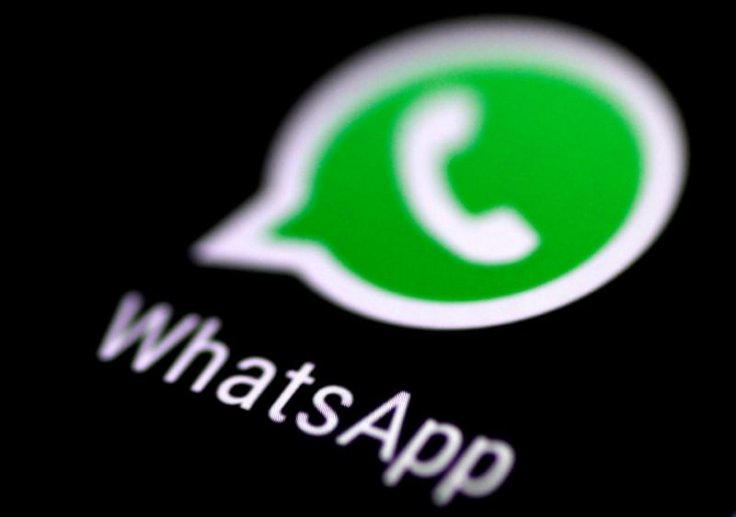
WhatsApp is the dominant messaging application with over a billion users across the globe. The massive user base acts as a catalyst for scammers and hackers to target the popular app. Spreading false information and scams is easily carried out when unsuspecting users fall for baits. One such bait making the rounds is the free internet data giveaway.
Cybersecurity firm ESET has issued a warning about a viral WhatsApp message that promises to offer 1000GB free internet data to users. To make the bait more appealing, the scam is using WhatsApp's tenth year anniversary as a hook for this generous giveaway. But there's just one problem, there's no such offer from WhatsApp and no way users are actually getting 1000GB worth data free of cost.
ESET researchers investigated the suspicious message and a link in it, which led them to a questionnaire about how they found out about the offer. The website itself is shady and gives sufficient hints not to proceed, but the appeal of "1000GB free data" available for a limited number of people can be tempting for some.
As the users go on to answer the questions on the landing page, a pop-up will appear asking them to share the message with at least 30 people to qualify for the free 1000GB data giveaway. This way, scammers are able to quickly spread the message.
What's in it for scammers?
According to the ESET researchers, users falling for the scam are not in any immediate danger. Clicking on the suspicious link does not download any malicious software on your phone or steal personal and banking information. For now, the scammers who pulled this one off seemed to be settling for "bogus ad clicks that ultimately bring revenues for the operators," ESET noted.
But that does not mean users give this scam a shot. The motive behind such vandalising schemes can change anytime, so it is best to stay clear of anything that looks too good to be true.
The scam is carried out by the same group, which pulled off "free Adidas shoes" scam in 2018. The scammers are using landmark events related to these brands, mostly anniversaries. During the Adidas scam, scammers tried to legitimise the offer on the occasion of the shoemaker's 69th anniversary.
This isn't the first time we're hearing of a free internet scam. In 2017, a similar WhatsApp message with the promise to unlock free internet went viral. The landing page in that scam led users to a site that signed them up for premium and costly SMS services and even installed third-party apps on the phones.
WhatsApp users, at all costs, must know how to identify a scam message. It's best to verify an offer by visiting the brand's official website. If it's not listed there, it is probably not there at all. Users must also avoid spreading such messages as one might easily for the bait if not familiar with such scams.









